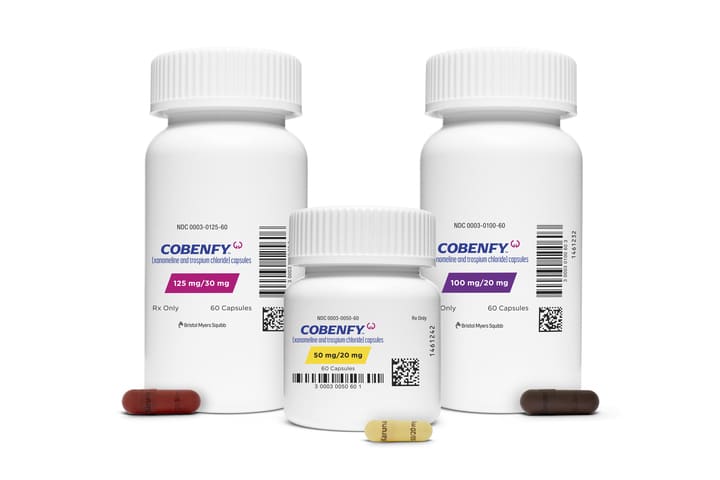The recent approval of Bristol Myers Squibb’s novel schizophrenia medication, Cobenfy, by the Food and Drug Administration marks a significant milestone in the treatment landscape for this complex mental health disorder—an unprecedented development in over seven decades. Schizophrenia, which affects roughly 3 million adults in the United States, can severely disrupt a person’s thoughts, feelings, and behaviors, leading to symptoms such as paranoia, delusions, and hallucinations. The majority of individuals are diagnosed in their late teens to early thirties, a critical period that can significantly impact their educational and occupational trajectories.
Cobenfy, a twice-daily pill expected to hit the market by late October, offers hope to the nearly 1.6 million individuals currently receiving treatment for schizophrenia. Alarmingly, statistics reveal that about 75% of these patients discontinue their medications within the first 18 months due to the challenges posed by existing treatments, which often have intolerable side effects. Experts suggest that Cobenfy’s introduction could address a glaring gap in effective treatment options, particularly for those who have cycled through multiple antipsychotics without success.
The innovative medication is a product of Bristol Myers Squibb’s strategic acquisition of Karuna Therapeutics for $14 billion, which underscores the pharmaceutical giant’s commitment to addressing unmet medical needs. Analysts from Guggenheim have projected that Cobenfy could become a “longer-term multi-billion dollar opportunity” for the company, although a gradual uptake in its use is anticipated. This cautious optimism is echoed by Andrew Miller, a key figure in the drug’s development, who believes that the coming years will reveal whether Cobenfy can transform the way schizophrenia is treated and understood.
Financially, Cobenfy is priced at $1,850 for a month’s supply, or $22,500 annually, a figure positioned to align with existing branded schizophrenia treatments. However, this pricing raises concerns about accessibility, especially for individuals without insurance. Considering that approximately 80% of patients with schizophrenia are covered by government assistance programs, Bristol Myers Squibb has announced plans to implement a support program aimed at making Cobenfy more affordable. Nevertheless, the effectiveness of this initiative remains to be seen, particularly for uninsured patients who may still face financial barriers.
Cobenfy distinguishes itself from traditional antipsychotic treatments, which typically work by blocking dopamine receptors in the brain but often come with a host of debilitating side effects, including weight gain and excessive fatigue. In contrast, Cobenfy’s unique dual-action mechanism involves xanomeline, which activates muscarinic receptors to modulate dopamine activity without the typical adverse effects. Trospium, the second component of Cobenfy, mitigates gastrointestinal side effects commonly associated with xanomeline, such as nausea and diarrhea.
Despite its innovative approach, some experts caution that the drug’s high cost may restrict its initial use to patients who have exhausted other treatment options. Nina Vadiei, a clinical associate professor at the University of Texas at Austin, emphasizes that, while ideally, patients shouldn’t be required to try multiple antipsychotics first, cost considerations will likely dictate a more conservative prescribing approach in practice.
The data supporting Cobenfy’s approval is robust, derived from multiple clinical trials that demonstrated its efficacy in significantly reducing schizophrenia symptoms compared to placebo. The trials primarily reported mild to moderate side effects, with gastrointestinal issues being the most common, which tended to subside over time. Bristol Myers Squibb’s ambitions for Cobenfy extend beyond schizophrenia; the company is currently exploring its potential applications in treating Alzheimer’s-related psychosis, bipolar mania, and irritability associated with autism, with clinical trial data expected to emerge in the coming years.
Ultimately, Cobenfy represents more than just a new medication; it embodies a paradigm shift in the treatment of schizophrenia, offering both patients and healthcare providers a much-needed alternative. As the healthcare community continues to grapple with the complexities of mental health disorders, the introduction of innovative treatments like Cobenfy is crucial. With ongoing research and a commitment to improving patient outcomes, the future of schizophrenia treatment may very well be on the cusp of transformation—one that prioritizes efficacy, tolerability, and ultimately, the quality of life for millions affected by this challenging condition.


